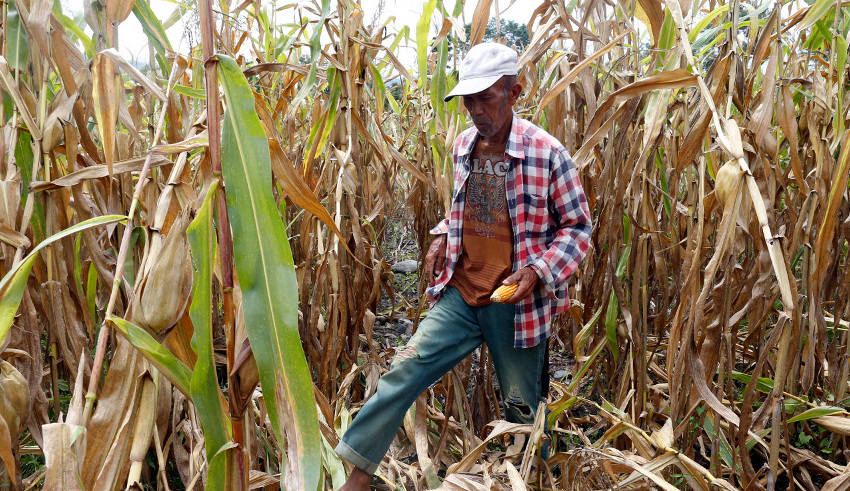
The Philippines frequently experiences severe weather conditions such as typhoons and floods. The Philippines is currently dealing with a new challenge. PAGASA has issued an El Niño alert, which means that the country is more likely to experience hot and dry weather.
El Niño is a natural phenomenon that happens when the temperature of the Pacific Ocean is higher than usual, affecting the weather patterns. When this happens, the way the wind blows can be affected and there may be less rain, which can cause droughts and heatwaves. The weather in the Philippines has been really hot for a few weeks now and there hasn’t been much rain. This has caused a shortage of water and damage to crops.
Keep Reading
The alert is a message to remind people to save water and be careful in the hot weather. El Niño can cause significant problems, affecting agriculture, water supply, and public health. In the past, when El Niño events occurred, there were food shortages and disease outbreaks.
The government has taken steps to deal with the situation by using cloud seeding to make it rain and providing water to areas that are affected. It’s crucial for people to take action as well. By turning off taps when you’re not using them, taking shorter showers, and planting crops that can withstand drought, you can help save a lot of water.
The Philippines has experienced many severe weather conditions in the past, but El Niño is a particularly difficult challenge. It’s crucial for individuals to stay updated and ready, and to take steps to reduce the impact of the phenomenon. If we all collaborate, we can overcome this current difficulty and come out even more resilient.

























